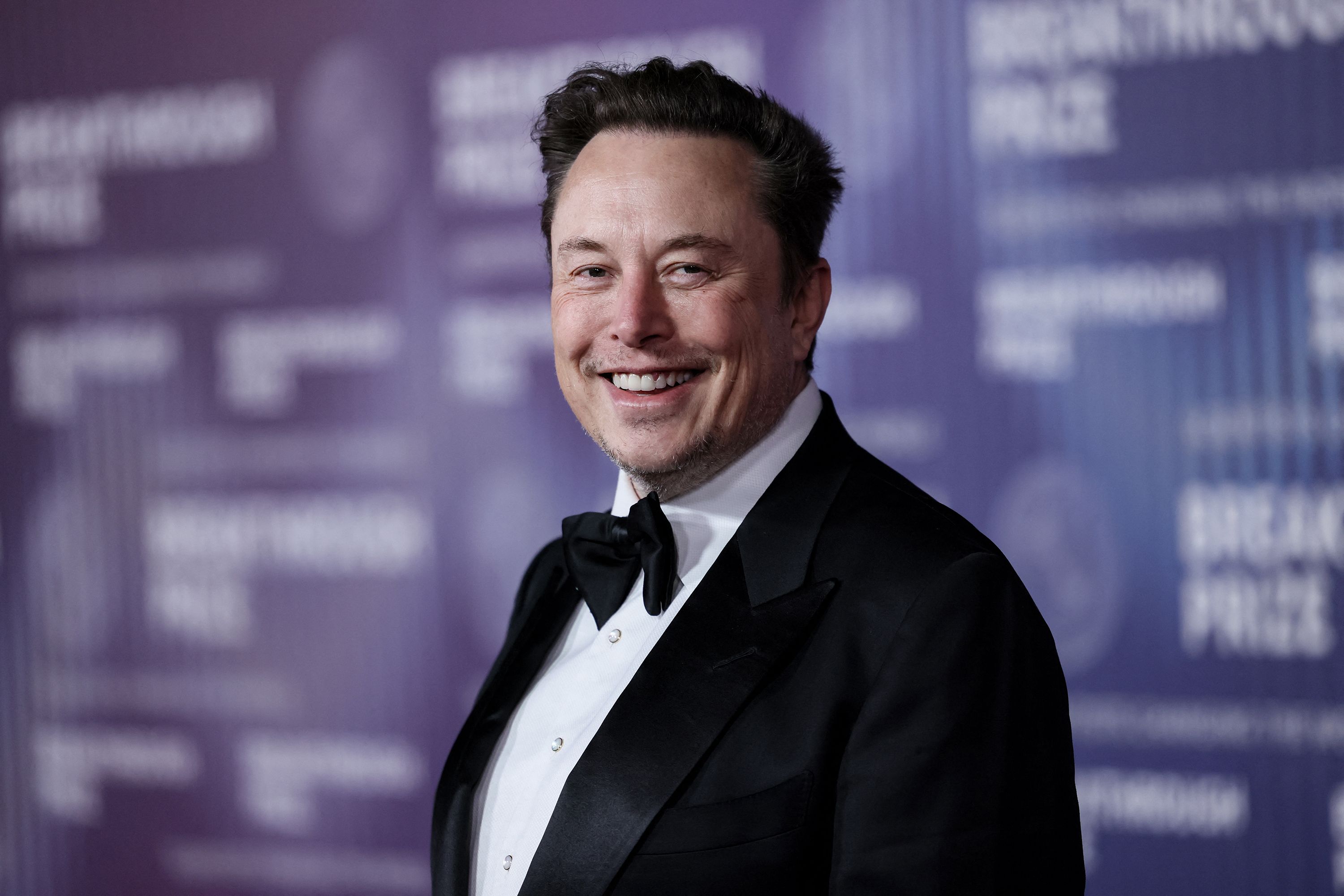Elon Musk Backs $150,000 Tesla Investment as Potential Millionaire-Maker — But Is the EV Giant’s Road Ahead Smooth or Treacherous?
Tesla CEO Elon Musk has never shied away from making bold predictions, and this week he offered another one that caught the attention of investors and fans alike. Responding to a post on social media platform X (formerly Twitter), Musk agreed with the claim that investing $150,000 in Tesla stock today would “most likely make you a millionaire” in the future.

The comment came after user Cole Grinde shared a screenshot charting Tesla’s meteoric stock rise since its 2010 IPO. Back then, shares debuted at just $17. Today, despite market volatility and slowing sales in certain regions, Tesla remains one of the most valuable companies in the world. For Musk, the trajectory is far from over. “I think this is probably correct,” the billionaire responded to Grinde’s post, sparking a wave of renewed speculation about Tesla’s long-term prospects.
A CEO With Skin in the Game
Musk himself is set to receive a massive payout in Tesla shares — over 96 million of them — as part of his performance-based CEO compensation award. At current prices, that haul is valued at more than $29 billion. While still substantial, it’s less than the original $56 billion package approved by Tesla’s board before a Delaware judge struck it down in 2024 over governance concerns.
The award underscores Musk’s personal stake in Tesla’s continued success. His compensation is tied directly to hitting ambitious market capitalization and operational milestones, aligning his fortunes with those of shareholders who believe in Tesla’s long-term growth.
Storm Clouds Over Global Sales
Yet, not all signs are pointing upward. Tesla’s sales have been slipping in key international markets. In Europe, the company has seen double-digit declines in countries such as France and the UK. July sales figures in the UK, for example, were particularly stark: just 987 units sold, marking a steep 60% year-over-year drop.
The decline comes amid rising competition, shifting consumer preferences, and economic uncertainty in several regions. Established automakers are rapidly expanding their electric vehicle lineups, while new entrants — especially from China — are proving formidable. Supply chain challenges and fluctuating battery costs are adding further pressure.
Robotaxi Ambitions Face Scrutiny
One of Musk’s long-term visions for Tesla’s growth involves autonomous driving technology — specifically, the much-hyped Robotaxi concept. Musk has previously predicted that fully self-driving Teslas could transform the ride-hailing industry, generating passive income for owners and creating a new revenue stream for the company.
However, critics argue that Tesla’s timeline for achieving true unsupervised autonomy is overly optimistic. Gary Black, a well-known investor at Future Fund LLC, recently remarked that Tesla will not be the only company to “master unsupervised autonomy,” casting doubt on whether the EV pioneer can maintain a decisive lead in the race.
Adding to the skepticism, Tesla’s latest ride-hailing expansion in the San Francisco Bay Area comes with a major caveat: the vehicles will not be true Robotaxis. Instead, each will have a safety driver behind the wheel, keeping the service firmly in the realm of supervised autonomy for now.
BYD’s Bold European Push
Meanwhile, Tesla’s fiercest competitor, China’s BYD, is wasting no time in challenging its dominance on the global stage. The company announced it will introduce two of its sub-brands — Yangwang and Denza — to the European market next year. This move is part of BYD’s aggressive international expansion strategy, which has already seen it overtake Tesla in certain markets, including becoming the world’s top EV seller in terms of total unit sales during some quarters.

BYD’s entry into Europe with premium and luxury electric models could further chip away at Tesla’s market share, especially in regions where affordability and diverse product offerings are key to winning customers.
Opportunity or Gamble?
Musk’s assertion that a $150,000 investment in Tesla could make someone a millionaire is not entirely unfounded when viewed through the lens of Tesla’s historical performance. Early investors who bought in during the company’s IPO or even in the mid-2010s have seen their stakes grow exponentially.
Yet, past performance is no guarantee of future returns. Tesla’s growth story is now contending with maturing markets, intensifying competition, and regulatory scrutiny over its autonomy claims. The company’s valuation also reflects high expectations, meaning any missteps could result in swift market corrections.
For bullish investors, Tesla remains a bet on Musk’s vision — a blend of cutting-edge technology, brand strength, and the potential to disrupt multiple industries beyond cars, from energy storage to artificial intelligence. For skeptics, the warning signs in sales figures and the competitive landscape suggest caution.
The Road Ahead
The next few years will be pivotal for Tesla. Success in rolling out true autonomous driving, expanding production capacity, and defending its position in key markets will determine whether Musk’s confidence in turning $150,000 into $1 million proves prescient. Investors will also be watching how Tesla navigates macroeconomic headwinds and whether its diversification into energy products and other ventures offsets any slowdown in vehicle sales.
One thing is certain: Musk’s latest remark has once again put Tesla at the center of financial and technological debates. For some, it’s a call to action to buy and hold; for others, it’s a reminder that even the most innovative companies face challenging roads ahead.
Leave a Reply